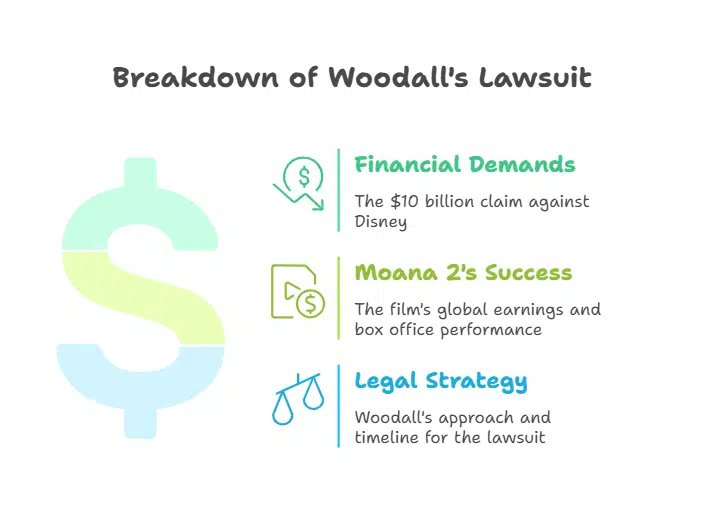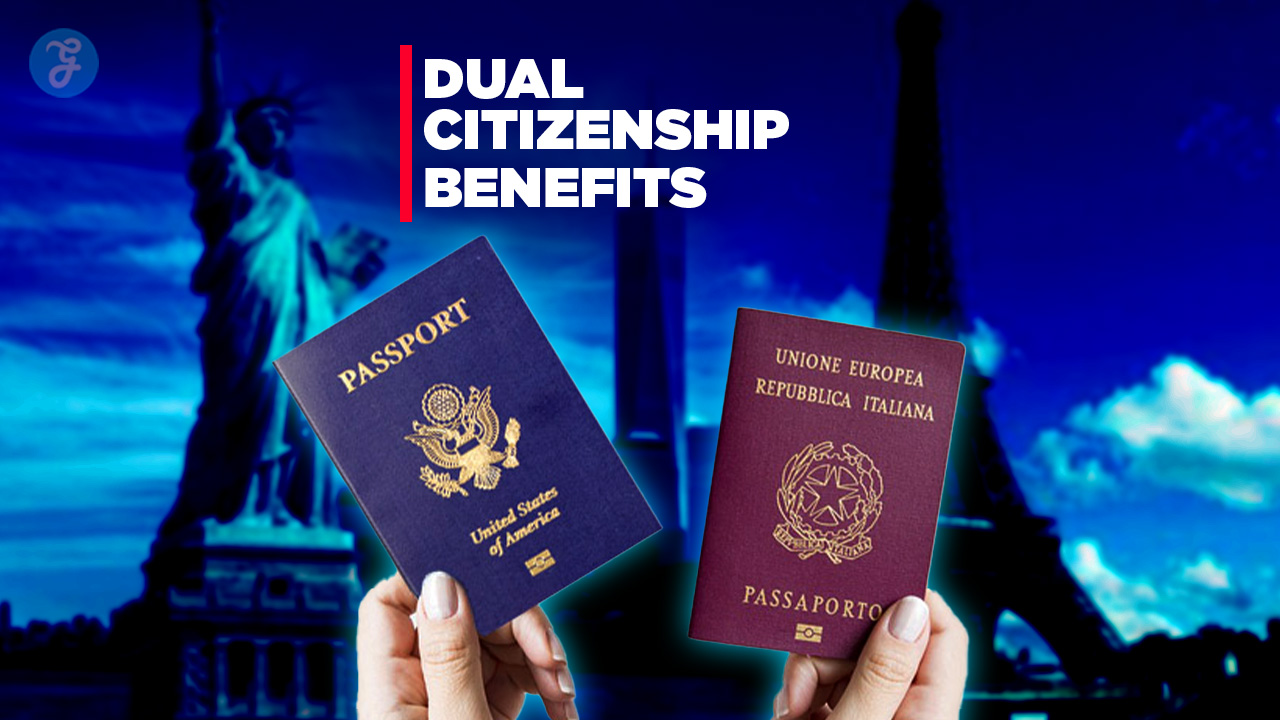In a major legal victory for Disney, a Los Angeles jury has ruled in favor of the entertainment giant, dismissing claims that the 2016 animated hit Moana was copied from an independent creator’s work. However, the legal battle isn’t over yet, as the plaintiff has already launched a new lawsuit regarding Moana 2, demanding billions in damages.
The Five-Year Battle Over Moana
Buck Woodall, a writer and animator, first sued Disney in 2020, claiming that the storyline and characters of Moana were taken from his own work, Bucky the Surfer Boy. According to Woodall, he had been developing Bucky the Surfer Boy since the early 2000s and had shared his materials with an industry executive who later worked for Disney. He alleged that Disney’s filmmakers used his ideas without permission to create the Polynesian-inspired story of Moana.
After five years of legal proceedings, the jury in Los Angeles reached a unanimous verdict on Monday, ruling that Moana was not influenced by Woodall’s work. The eight-member jury, consisting of six women and two men, took just under three hours to deliberate before siding with Disney. Their decision was based on the key question of whether directors John Musker and Ron Clements, or anyone involved in the development of Moana, had access to or were even aware of Woodall’s Bucky the Surfer Boy before making the film.
Disney’s attorneys successfully argued that Moana was an original creation and that there was no evidence linking it to Woodall’s work. The jury concluded that Disney’s filmmakers never saw Bucky the Surfer Boy, effectively ending Woodall’s claim that his intellectual property was stolen.
Disney Responds to the Verdict
Following the jury’s decision, Disney expressed relief and satisfaction with the outcome. A spokesperson for the company stated:
“We are incredibly proud of the collective work that went into the making of Moana and are pleased that the jury found it had nothing to do with Plaintiff’s works.”
The ruling reinforced Disney’s stance that Moana was independently developed, with no connection to Woodall’s material.
Plaintiff’s Reaction: “We Are Disappointed”
Woodall’s legal team, however, was not pleased with the decision. His attorney, Gustavo D. Lage, released a statement expressing disappointment in the jury’s ruling and indicated that Woodall might continue to fight the case through appeals or other legal avenues.
“We are obviously disappointed in the verdict,” Lage said. “At the present time, we are weighing our options to determine the best path forward regarding the legal remedies available to our client.”
While the verdict in the Moana case appears final for now, Woodall’s team is still exploring legal options to challenge the outcome.
Moana 2 Lawsuit: A New Battle Begins
Despite losing the first case, Woodall is not backing down. In January 2025, he filed a separate lawsuit targeting Moana 2, the highly successful sequel that debuted in 2024. Unlike his previous lawsuit, this new claim is not limited by time constraints and allows him to seek financial damages for alleged copyright infringement.
Woodall’s new lawsuit demands a staggering $10 billion from Disney, which amounts to approximately 2.5% of Moana 2’s global earnings. The sequel grossed more than $1 billion worldwide, making it one of the highest-grossing animated films of all time.
The Key Argument in the Moana 2 Lawsuit
Woodall alleges that Moana 2 was derived from his copyrighted materials, which he had shared with Jenny Marchick, a former development executive at Mandeville Films, which operates on the Disney lot. Marchick, who is also related to Woodall by marriage, allegedly received his Bucky the Surfer Boy materials, including storyboards and a finished script dating back to 2011.
Woodall claims that Marchick used his work to help advance her career, ultimately conspiring with Disney and other executives to develop the Moana franchise using his intellectual property. His lawsuit states:
“This case arises from a two-decade-long scheme masterminded by Marchick but ultimately joined in with malice and for profit by all Defendants… The scheme started out as a plan by Marchick to support her thirst to gain success in her desired career in the movie industry, at all costs, by working with the Defendants to steal all the components of Plaintiffs Copyrighted Materials.”
Disney’s Defense and Next Steps
Disney is expected to push for an early dismissal of the Moana 2 lawsuit, using the same argument that won them the Moana case: that the creators had no knowledge of Woodall’s work. However, this time, Woodall is presenting additional internal communications and documents that he believes prove his claims.
Jenny Marchick, who now serves as Head of Development for Features at DreamWorks Animation, testified during the previous case. She stated that she had no recollection of sharing Woodall’s materials with anyone at Disney. Emails presented in court showed that she had told Woodall she didn’t think she could help him. Additionally, Marchick did arrange a job interview for Woodall with a Disney Channel staff member, though he was not hired.
No trial date has been set for the Moana 2 lawsuit, but industry experts expect Disney to move quickly to have the case dismissed based on the outcome of the first lawsuit.
What’s Next?
While Disney has won this round, the Moana 2 lawsuit could lead to another lengthy legal battle. If the case moves forward, it may bring new details to light regarding Disney’s creative process and how intellectual property disputes are handled in Hollywood.
Woodall’s pursuit of legal action raises broader questions about independent creators’ rights and how large studios handle ideas submitted to them. The case is being closely watched by filmmakers, industry executives, and legal experts.
For now, Disney is celebrating a significant victory in court. However, with a $10 billion lawsuit still pending, the battle over Moana is far from over.







































